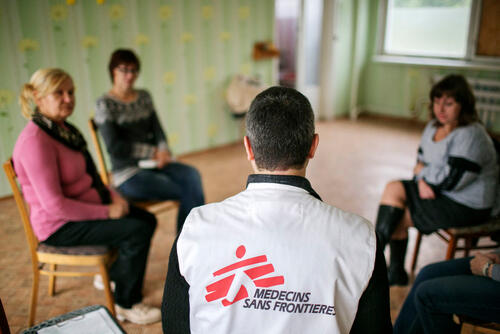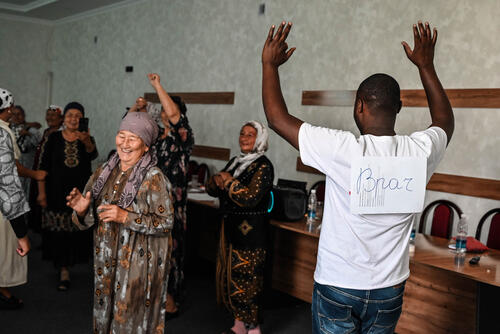Mental health support can be crucial to help people cope. People seek help for many reasons - the agonising loss of a child in an earthquake, the trauma of violence, or surviving a dangerous journey. People may feel stressed or anxious due to the current COVID-19 pandemic. Our teams can provide mental health and psychosocial support through group sessions or individual consultations. MSF’s mental health care aims primarily to reduce people’s symptoms and improve their ability to manage a difficult time so they can get on with their lives.

493,900
493,9
Quick facts about mental health

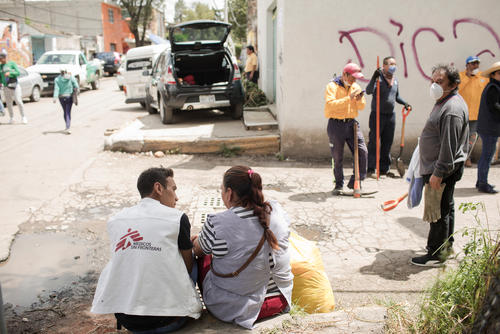
A natural disaster such as an earthquake or man-made disasters related to conflict and displacement, are all traumatic events. Providing psychological aid can help by recognising those in distress, by listening to them, comforting them, linking them to needed services, and encouraging them to connect with their families and communities. Educating people about psychological reactions to a traumatic event and teaching self-help techniques such as deep breathing are helpful interventions immediately post-emergency.

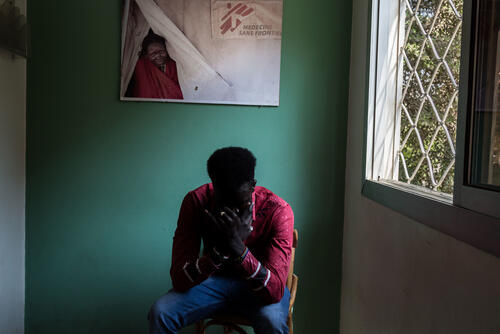
When people develop mental health disorders - anxiety, depression, post-traumatic reactions - that go beyond their coping skills, specialised care is needed, through group or individual consultations. Our teams work in countries where the health system is often failing, particularly in the area of mental health. Support can be done by people trained in counselling techniques, or when available by psychologists and even psychiatrists.

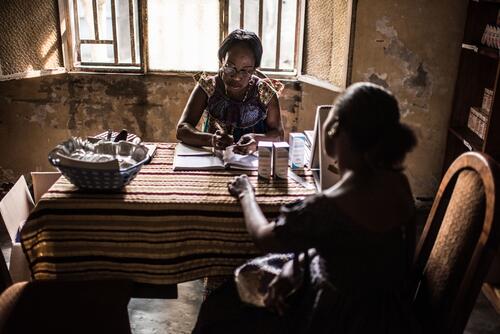
People with life threatening diseases, such as HIV or tuberculosis, are shocked and upset by the discovery of their disease and by the physical and psychological upheavals they face. Other chronic conditions can present symptoms related to depression or other psychological distress. Some specific treatments, such as for TB, can have side effects that include depression and psychosis. Our teams provide counselling to people on diagnosis of a serious disease, and monitor patients' mental health while on treatment, especially those taking medicines with potential psychological side effects.

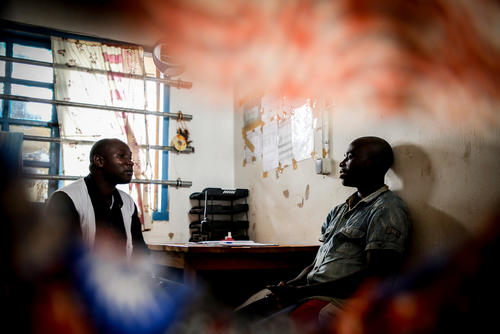
People with severe mental illnesses require special attention and treatment. In contexts where health services are failing, they are neglected and often stigmatised. Psychiatric treatment in MSF is usually integrated into general medical care. In some projects specialised clinicians treat patients with severe mental illness; in others where there is a lack of specialised professionals, general practitioners are trained to diagnose and treat psychiatric disorders. Supporting and expanding the capacity of our teams to care for patients with severe mental illness is a priority.
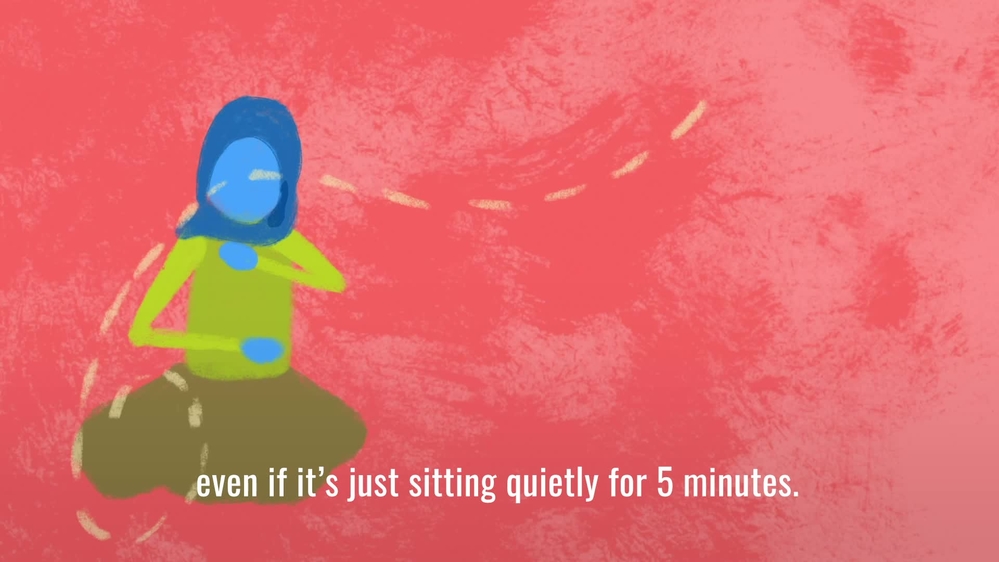
3 tips for managing stress and anxiety during COVID-19
Coronavirus COVID-19: three tips to manage stress
The coronavirus COVID-19 pandemic is taking its toll on people all over the world, including on their mental health. MSF teams are providing psychological support to people during the pandemic in countries worldwide. Here are three tips to help you manage any stress or anxiety you may be feeling.

MSF organises counselling after school hostage drama

MSF shocked by arrest of Head of Mission in Sudan - charged with crimes against the state

Catastrophe in Darfur: Unmet promises and continuing violence

Clashes force evacuation of MSF team in DRC town

Situation at Haiti floods still difficult

Nurse, psychologist and patient: Three views from the Haiti floods

Violence and mortality in West Darfur: excerpts from the four MSF surveys

Part 1 of 2: MSF establishes first medical care for thousands in Darfur village

Mental health work alongside health care at the Haiti floods
Research & Analysis
MSF Mental Health Research
fieldresearch.msf.orgWe produce important research based on our field experience. So far, we have published articles in over 100 peer-reviewed journals. These articles have often changed clinical practice and have been used for humanitarian advocacy. Read all our Mental Health-related articles on our dedicated Field Research website.
